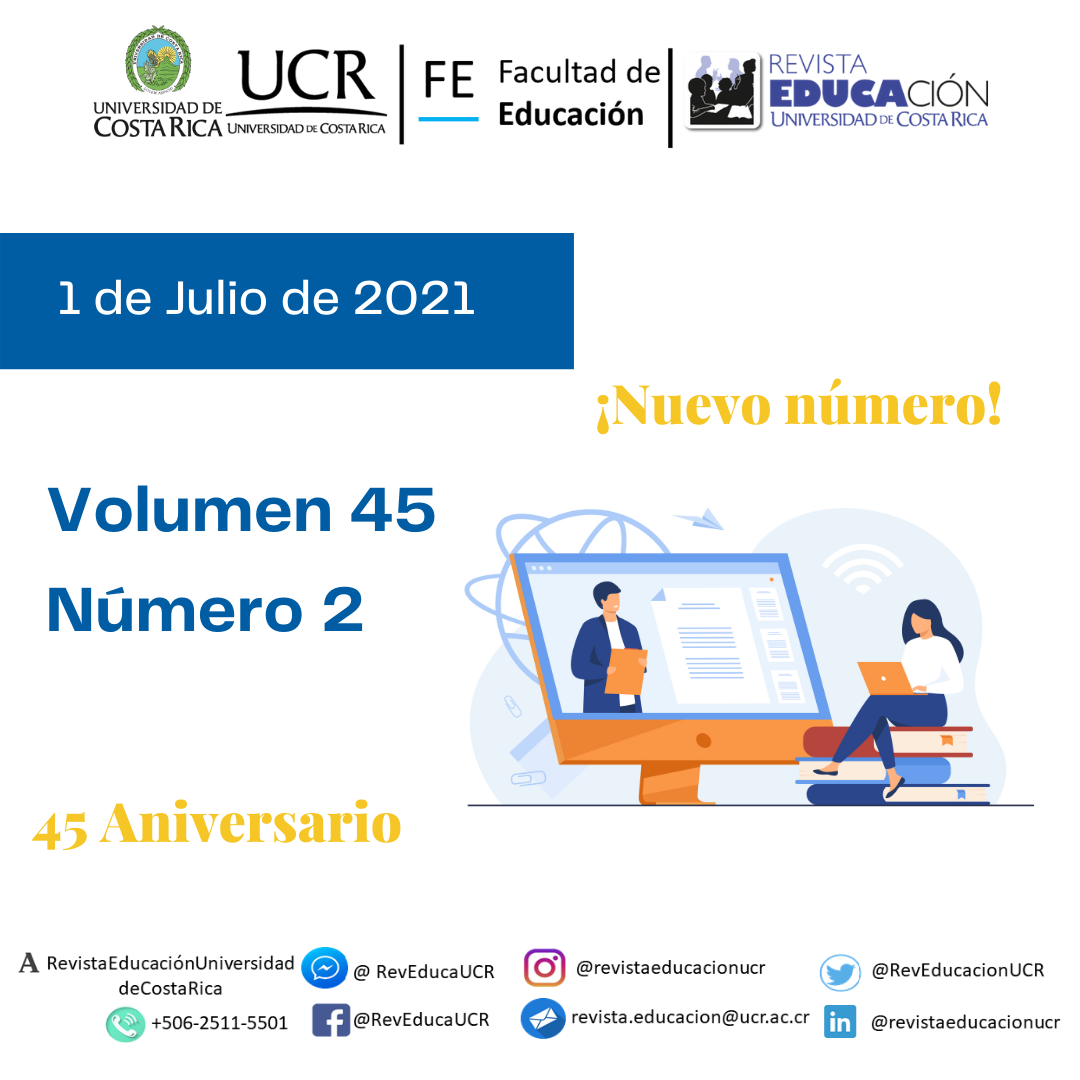Abstract
Objective: To use and assess audiovisual tools to enhance learning in the classroom, based on the theoretical TPACK (Technological Pedagogical Content Knowledge) model. Methodology: Application of the TPACK model which uses a” Wicked”, “Creative” and “Package” approach, in which teachers are the designers of their educational tools which help them creatively resolve learning issues. Either qualitative or quantitative techniques were used for validation purposes. Results: Educational videos were produced involving a pre-production, production, and post-production phase. Results are based on parameters that include attention, curiosity, usefulness for review purposes, learning engagement, extent to which it helped students better understand the content and the desire to reuse these videos. Furthermore, since these videos are viewed on YouTube, the number of views has been tracked for the past four years. Conclusions: Integration of teacher knowledge with content, pedagogy and technology provides a meaningful and efficient way of teaching through the use of technology – specifically, educational videos.
References
Cómo citar:
Yánez Corrales, A.C. y Moreano Barragan, E.P. (2021). Aplicación de conocimientos docentes en contenido curricular, pedagogía y tecnología a través de herramientas audiovisuales. Revista Educación, 45(2). Recuperado de http://doi.org/10.15517/revedu.v45i1.43469
Referencias bibliográficas
Blomberg, G., Gamoran, M., Renkl, A., Gloger, I. y Seidel, T. (2011) Understanding Video as a tool for teacher education: investigating instructional strategies to promote reflection. Instructional Science Journal, 42, 443-463, doi: https://doi.org/10.1007/s11251-013-9281-6
García, B., Loredo, J. y Carranza, G. (2008). Análisis de la práctica educativa de los docentes: pensamiento, interacción y reflexión. Revista Electrónica de Investigación Educativa, 10, 1-15. Recuperado de https://bit.ly/3cnLWM8
Caspi, A., Gorsky, P. y Privman, M. (2005). Viewing Comprehension: Students ‘Learning preferences and Strategies when studying from video. Instructional Science Journal, 33, 31-47. Recuperado de https://link.springer.com/article/10.1007%2Fs11251-004-2576-x
Chu, W., Zhuang, E. Wang, H., Xu, Z., Bai, C., Wang, J. y Li, Ll. (2014). Frontier and Future development of Information Technology in Medicine and Education, Lecture Notes in Electrical Engineering. Estados Unidos: Publisher Springer Netherlands.
Fish, S. (2000). A capacity model of children´s comprehension of educational content on television. Media Psychology, 2(1), 63-91. doi: https://doi.org/10.1207/S1532785XMEP0201_4
Fierro, F. y. (2000). Transformando la práctica docente, una propuesta basada en la investigación acción. Maestros y Enseñanza. México: Paidós.
Gómez. L., Sherin, M, G., Griesdorn, J. y Finn, L.E. (2008). Creating social relationships, the role of technology in preservice teacher preparation. Journal of Teacher Education, 59, 117-131. doi: https://doi.org/10.1177/0022487107314001
Harris, J., Mishra, P. y Koehler, M. (2009). Technological Pedagogical Content Knowledge and Learning Activity Types: Curriculum-based Technology Integration Reframed. Journal of Research on Technology in Education, 41(4), 393–416. doi: https://doi.org/10.1080/15391523.2009.10782536
Hiebert, L., Morris, A., Berk, D., Jansen, A. (2007). Preparing teachers to learn from teaching, Journal of Teaching Education, 58, 47-61. doi: https://doi.org/10.1177/0022487106295726
Michas, I. y Berry, D. (2000). Learning procedural task: effectiveness of multimedia presentations, Applied Cognitive Psycology, 14(6), 555-557. doi: https://doi.org/10.1002/1099-0720(200011/12)14:6<555::AID-ACP677>3.0.CO;2-4
Mishra, P. y Koehler, M. J. (2006). Technological Pedagogical Content Knowledge: A Framework for Teacher Knowledge. Teachers College Record, 108(6), 1017-1054. doi: https://doi.org/10.1111/j.1467-9620.2006.00684.x
Morales, M., Trujillo, J. y Raso, F. (2015). Percepciones acerca de la integración del tic en el proceso de enseñanza-aprendizaje de la universidad. Píxel-Bit. Revista de Medios y Educación, 46, 103-117. doi: https://doi.org/10.12795/pixelbit. 2015.i46.07
Moreano, P. [Paulina Moreano-YouTube]. (2020, marzo 1) Estadísticas del Canal de YouTube [Archivo de video]. Recuperado de https://www.youtube.com/results?search_query=paulina+moreano
Ribayo, M. (2011). Guía para la producción de material Audiovisual. Recuperado de https://bit.ly/3qH3pUR
Valverde, J., Garrido, M. d. y Fernández, R. (2010). Enseñar y aprender con tecnologías: un modelo teórico para las buenas. Educación y cultura en la sociedad de la información, 11(1), 4-445. Recuperado de https://revistas.usal.es/index.php/eks/article/view/5840/5866
Wisher, R. y Curnow, C. (1999). Perceptions and effects of Image transmissions during internet-based training. American Journal of Distance Education, 13(3): 37-51, doi: https://doi.org/10.1080/08923649909527034
Yánez, A., Ortiz, L. y Espinosa, V. (2016). Las tecnologías de la comunicación e información (TIC) en salud: un modelo para aplicar en la carrera de Enfermería. Rev. Iberoam. Educ. Investi. Enferm, 6(2), 29-36. Recuperado de: https://bit.ly/3coekxz



